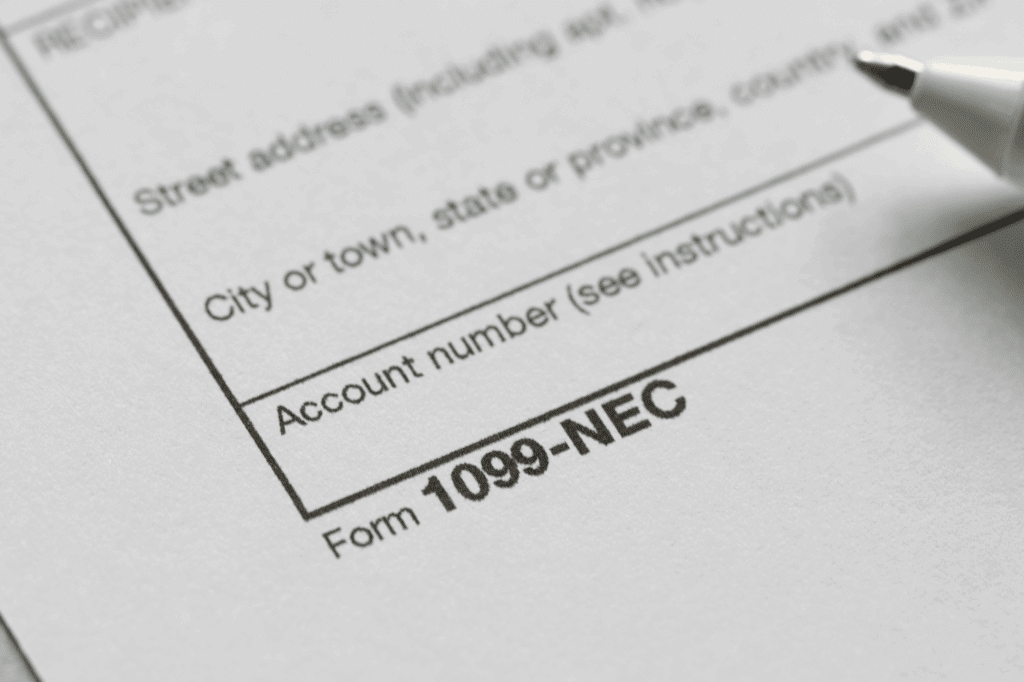For wholesale sellers, it’s important to choose products that are both profitable and low-risk. Buying in bulk can lead to big financial losses if mistakes happen. That’s why it’s important to do thorough product research, though it can take a lot of time. Automating this process can help make it much faster and more efficient. This guide shows how to automate the selection of high-margin, low-risk wholesale products.
Key Considerations in Wholesale Sourcing
Wholesale sourcing operates differently from other models like retail arbitrage or dropshipping. Wholesale sellers procure products in large quantities, which lowers the per-item cost and increases potential profit margins. Here are essential points to consider:
- Seek Resale-Friendly Brands: Your goal is to find brands or distributors offering low prices on popular products since your profit lies in the difference between wholesale and retail prices. Not all brands are suitable for wholesale, so brand research is vital before approaching potential suppliers.
- Overcoming Supplier Network Barriers: Direct purchasing from brands or distributors is preferred for the best prices. However, many established brands already have distribution networks and may be hesitant to add new sellers. You may need to negotiate or purchase from authorized distributors listed on the brand’s website.
- Minimum Order Quantity (MOQ): Many large brands require a high MOQ, which means a substantial upfront investment. If this is challenging, consider approaching distributors who may offer better terms.
- Importance of Product Research: Buying in bulk necessitates careful product selection to ensure profitability and compliance with Amazon’s policies to avoid losses from unsellable inventory or policy violations.
Steps to Choose Wholesale Products for Amazon
- Select a Product Category: Choose a category that aligns with your interests but also balances market demand and competition. A focused niche increases efficiency and the chances of success.
- Identify Potential Suppliers:
- Find suppliers within your chosen category. Look for reputable brands or distributors with a diverse product range. Ensure they follow resale-friendly practices.
- Make sure the supplier aligns with your revenue goals. Use tools like Seller Assistant’s Brand Analyzer to assess profit potential, competition, and average Buy Box prices.
- Verify the supplier’s legitimacy through LinkedIn, Whois, or ScamAdviser. Check references, reviews, and credentials. If dealing with resellers, confirm they are authorized distributors, not retailers.
- Contact the Supplier: Reach out to potential suppliers via their website, email, or phone to introduce your business and express interest in establishing a wholesale account.
- Apply and Request a Wholesale List: Submit the supplier’s application form with the necessary details, and once approved, request their wholesale price list to identify products with strong sales potential.
- Analyze the Wholesale List: Use tools like Seller Assistant’s Price List Analyzer to automate the process of identifying products that meet your profitability and ROI goals while avoiding risky items.
How to Research Amazon Wholesale Brands
When selecting brands for Amazon resale, it’s essential to ensure they meet several criteria:
- Eligibility and Restrictions: Verify the brand’s products can be sold on Amazon without restrictions, using tools like Seller Assistant’s Bulk Restrictions Checker.
- Minimum Listings and Revenue Potential: Choose brands with at least 500 products and analyze their monthly sales to ensure they align with your revenue targets.
- Avoid Direct Competition with Brands: Steer clear of brands that sell directly on Amazon or have exclusive distributors, as they often restrict resellers.
- Exclude Private Label Brands: These brands usually limit sales to a single seller and are not viable for resale.
- Check for Competition and IP Alerts: Avoid brands with high competition or those prone to filing intellectual property complaints against resellers. Use tools like Seller Assistant’s IP Alert Extension to automatically identify intellectual property complaints and policy violations.
Automating Brand Research
Manual brand research can be labor-intensive, but tools like Seller Assistant’s Brand Analyzer simplify this process by providing detailed brand metrics. These insights help you quickly determine a brand’s viability for resale.
Once you’ve chosen a supplier, analyze the wholesale list to identify profitable deals. Seller Assistant’s Price List Analyzer helps automate this process. It is an advanced tool designed for efficiently analyzing wholesale price lists in bulk. It assists users in automating the identification of profitable leads, making it an essential tool for Amazon wholesale sellers, online arbitrage specialists, and dropshippers.
This tool enhances your wholesale list with key data, simplifying the filtering, processing, and identification of high-potential opportunities. Simply upload your list and download the detailed results in an Excel file.
In Conclusion
Success in Amazon wholesale selling hinges on finding the right suppliers and identifying profitable deals, which requires substantial analytical work. Comprehensive tools like Seller Assistant streamline this process by offering features that simplify product sourcing, making it an invaluable resource for wholesale sellers.
By integrating tools such as the Price List Analyzer and Brand Analyzer, you can automate research and ensure compliance with Amazon’s policies, ultimately enhancing your chances of profitability and success.







